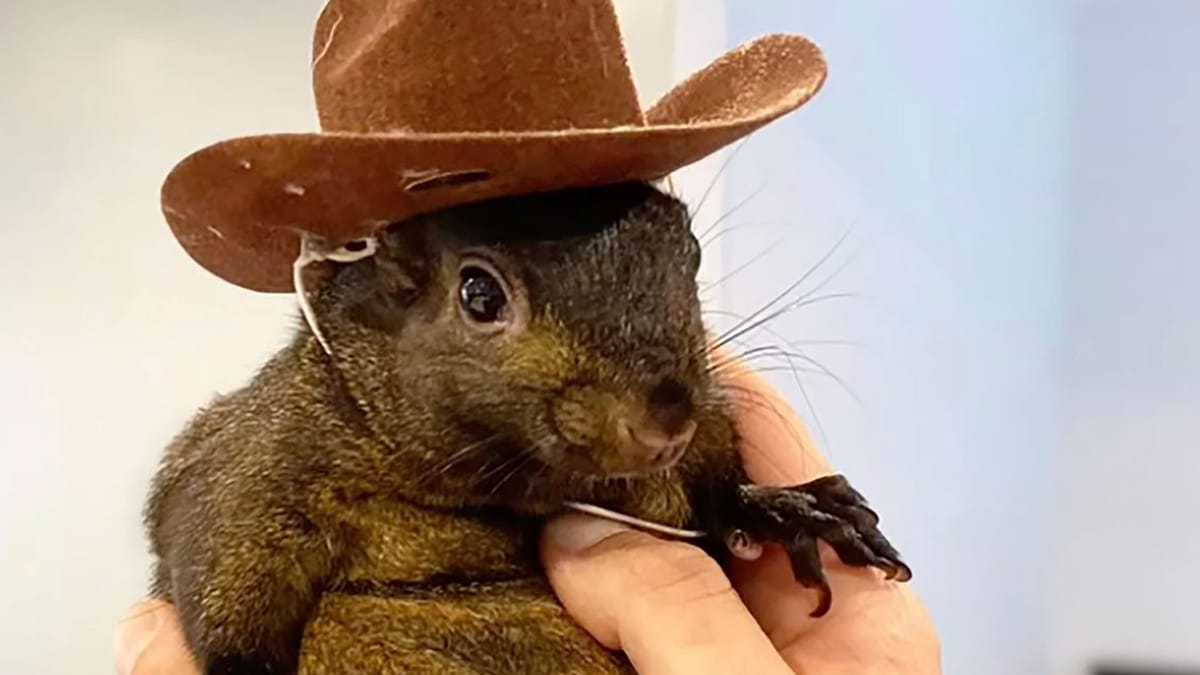A nice beer after the game, like here from World Player of the Year 2023, Pieter Steph du Toit – will this soon be a thing of the past?
Does Rugby have a drinking problem? For a long time, alcohol consumption in oval ball sports was romanticized. To this day, rugby players openly show up after big games with a beer in their hand. But in France this is now over because, according to the FFR leadership, the French association has now imposed a ban in agreement with the player. Rugby and beer – is that still relevant?
Ex-England striker Martin Bayfield once described it like this: “In rugby, we have always had the same traditions, sing the same songs, fight each other on the pitch and then have a friendly drink with each other!” In oval ball sports it is part of folklore, Rugby and beer.
It’s no coincidence that at major tournaments you see rugby players walking around wearing T-shirts that proudly proclaim “my drinking team has a rugby problem”. There was once even a discussion on the DRT as to whether the traditional case of beer for the visiting team should also be stipulated in the regulations – mind you for the Rugby Bundesliga, which represents the highest club level in this country.
Drinking escapades with the Lions and Barbarians were once legendary
It should be obvious to everyone that drinking escapades at the highest level, like those with the British and Irish Lions in the 1980s, have less and less place in the increasingly professional sport. Barbarians games, for example, are still seen as an opportunity for players to get drunk for several evenings in a row beforehand.
The images themselves at the Rugby World Cup, in which teams invite each other for a beer after the battle and, mind you, consume it in front of the cameras, are still normal today. As does the fact that numerous players try their hand at brewing beer during their playing careers, such as Springbok duo Steven Kitshoff and Malcolm Marx (Bomb Squad Lager).
How much longer can professional rugby and drinking alcohol be compatible?
But how long will this continue to be acceptable? The French association made headlines yesterday when it announced that alcohol would no longer be allowed to be consumed in the context of national teams – neither before nor after games. The background: In the summer there were two scandals on the XV de France tour to Argentina.
Conclusion Melvyn Jaminet, clearly drunk, uploaded an Instagram story in which he announced that he would “headbutt” the next “Arab” he came across. For this, the Toulon professional received a 34-week ban. On the same tour, Hugo Auradou and Oscar Jegou found themselves in the crosshairs of the Argentine justice system after they were accused of sexual assault.
Both have now been able to return to France after two months in custody, but there is still no final judgment in the case. That’s why, says France coach Galthié, it has been agreed with the players not to consume alcohol in the France camp, including in the next four weeks when France plays the Autumn Internationals.
In France, people have been lagging behind for a long time when it comes to professionalization, but now they want to be pioneers
It was the French in particular who apparently found it difficult to break away from the old traditions. After his time at Brive from 2008 to 2010, ex-England connector Andy Goode reported how he was surprised by the practices. According to the Englishman, to his surprise, at the team dinner on the evening before the Top 14 games, there was wine for all the players.
The bad influence of rugby? France’s President drinks a beer with the stars of Toulouse on Ex
Even back then, this was incompatible with increasing professionalization, according to the Englishman. Last year, French President Macron was convinced by Dupont and Co. in the dressing room in Toulouse after their title win to drink a beer in one go. Such images should not be repeated any time soon.
Just as times are changing in France with increasing professionalization, the boozy tradition in rugby could also have disappeared with the coming generation of players. The German New Zealand legionnaire Anton Segner, for example, consciously refrains from drinking alcohol for performance reasons, and not just before the games.


